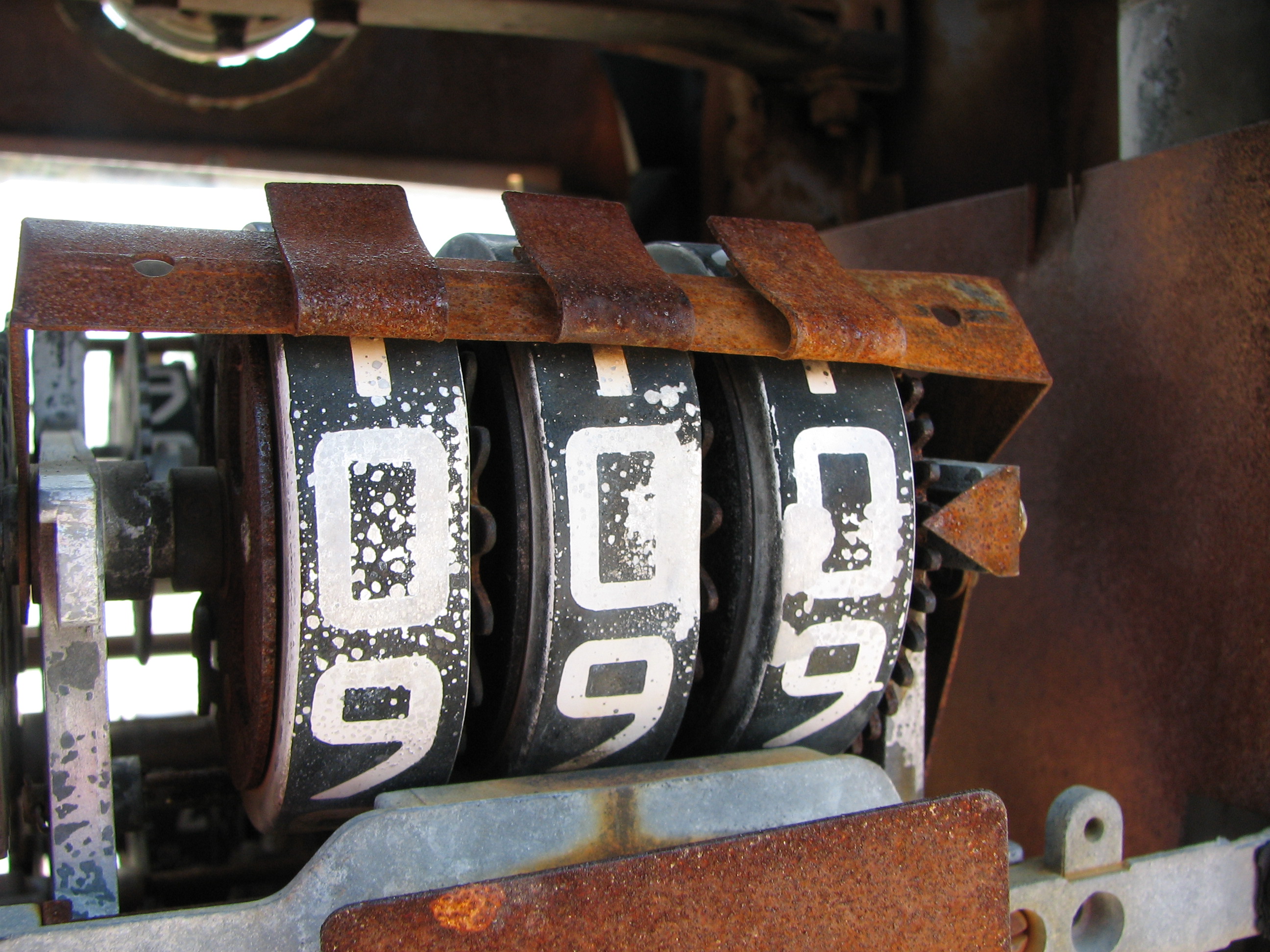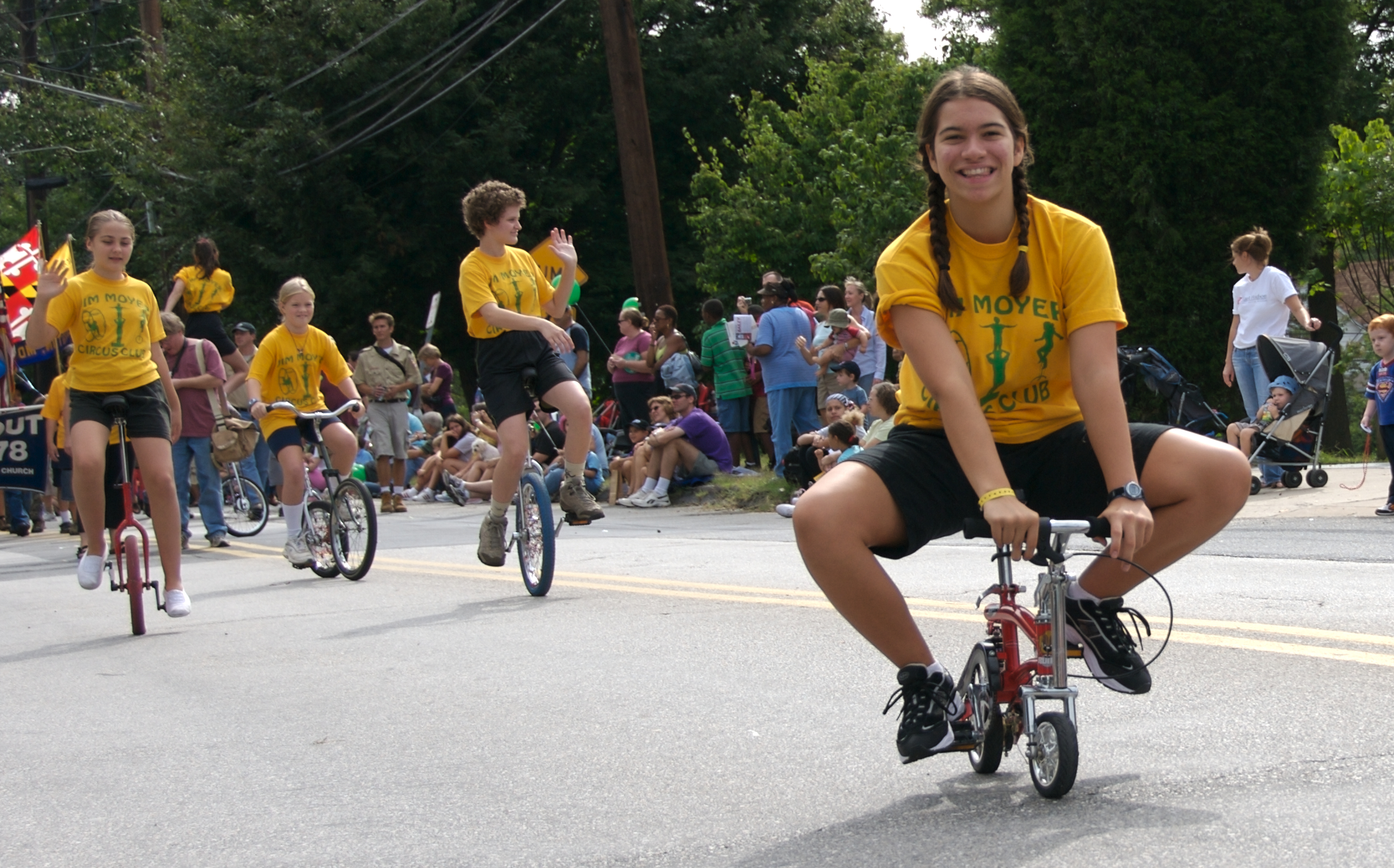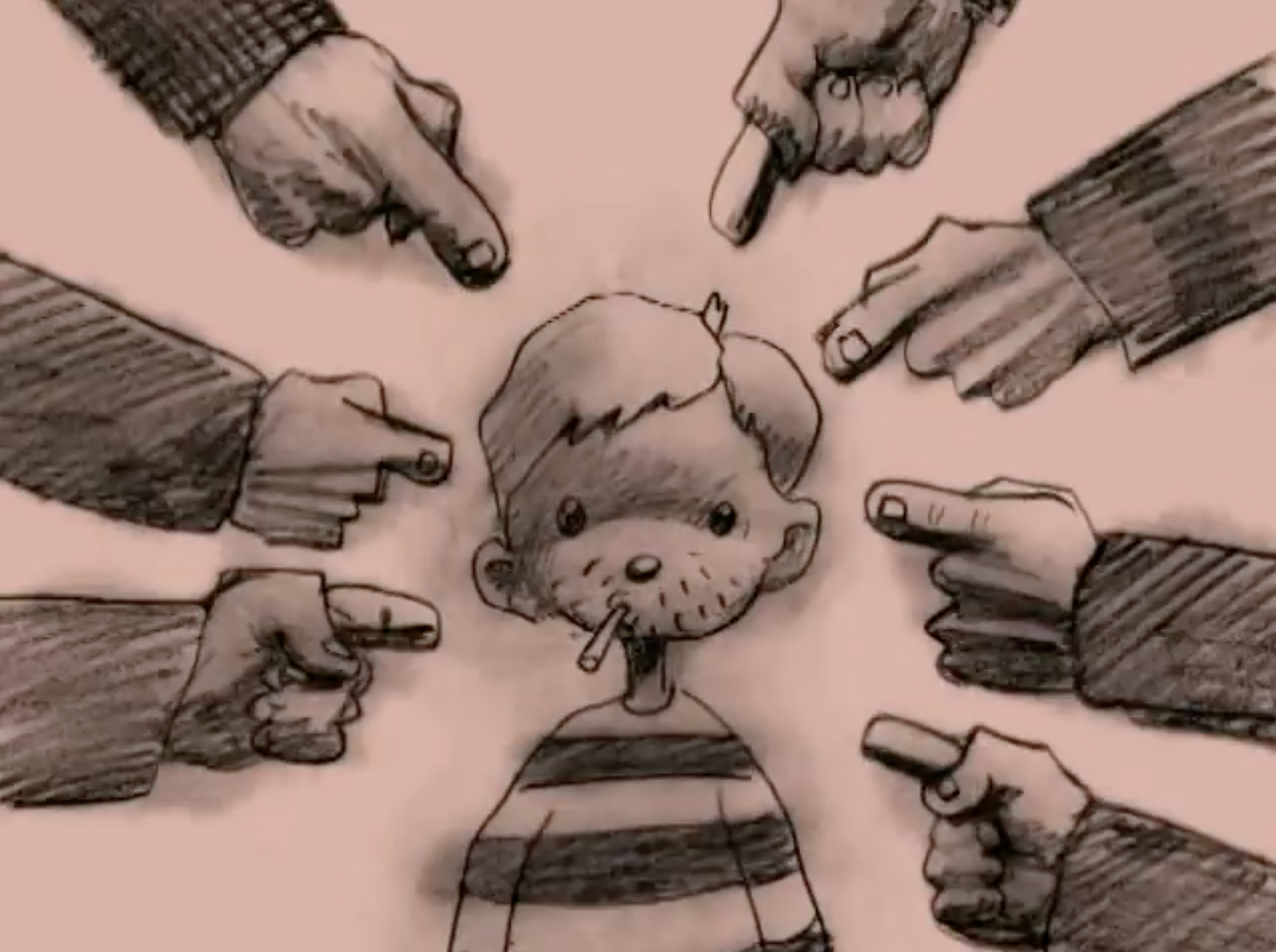I have reached a point where managing a domain is becoming too arduous—at least from Webhost Yahoo!. There has been a marked increase in comment spam. Worse, yesterday my domain was spoofed by spammers.
Around 3:12 p.m., my inbox started filling up with returned e-mail from my domain name at my domain name. No such e-mail address exists. Someone had spoofed that address off my domain to make it seem like spam messages were coming from me. The returned messages probably represent a fraction of the thousands sent out over the last 24 hours.











